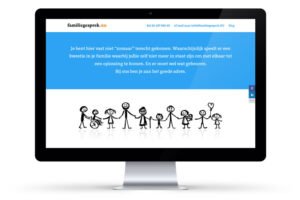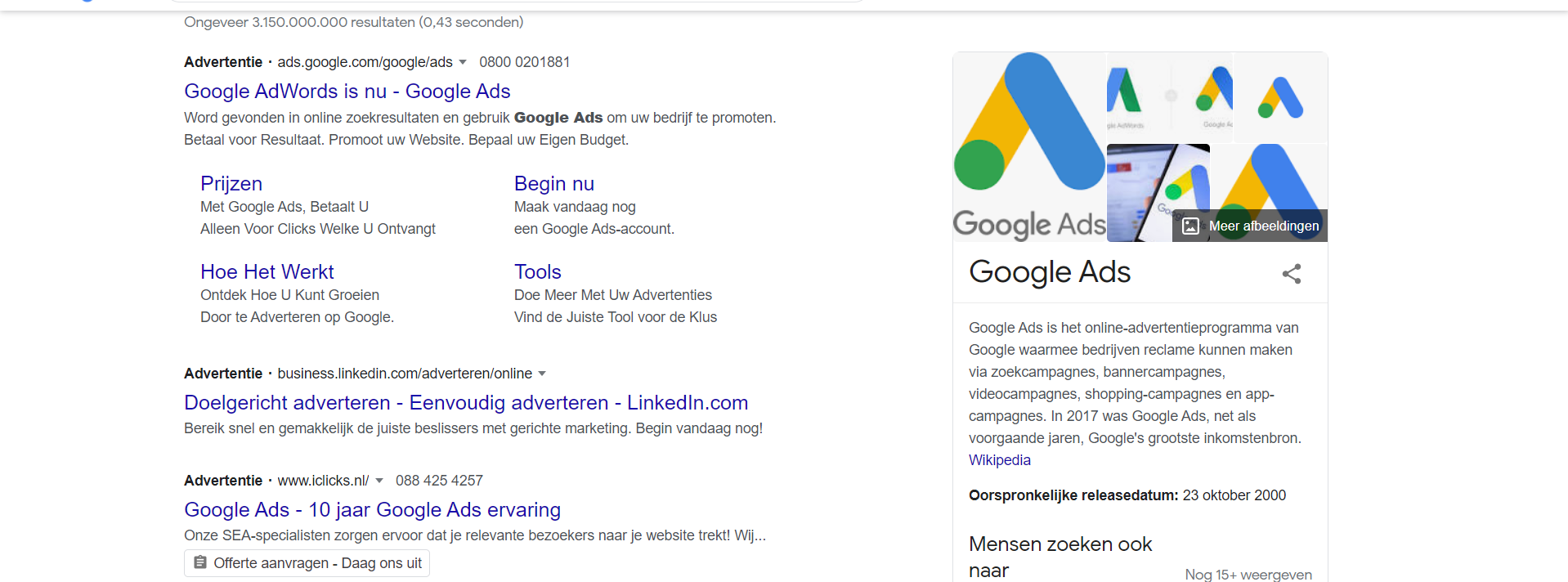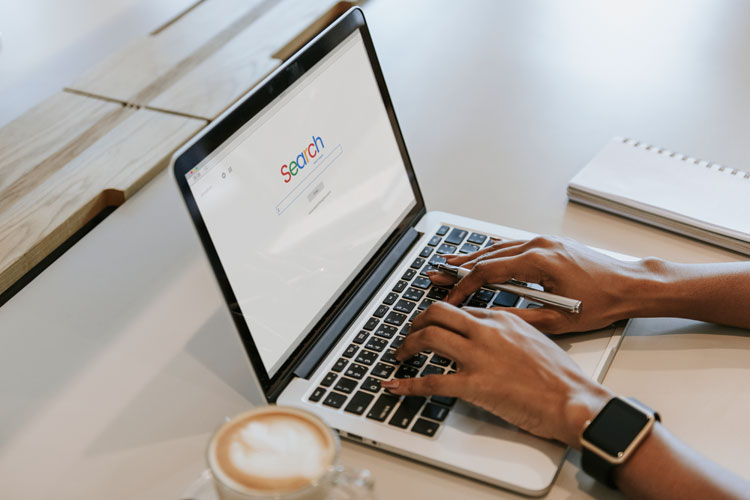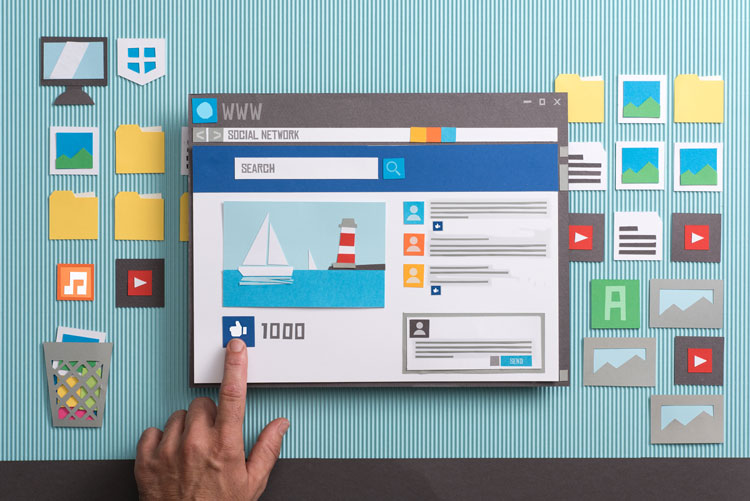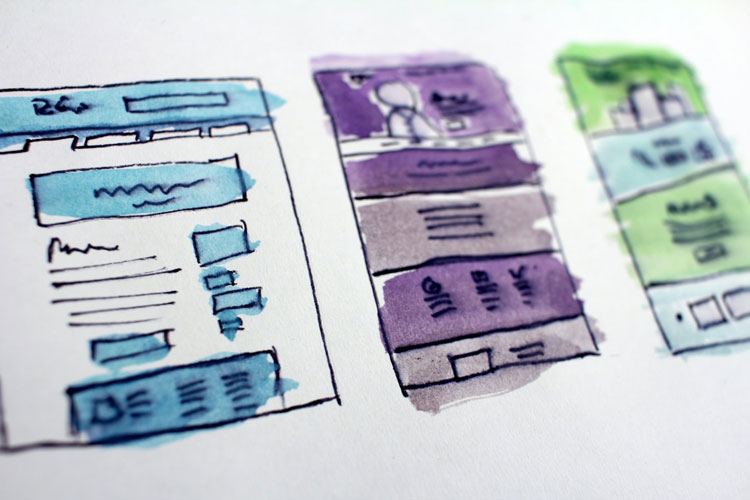So, you’re ready to create a website for your business! When looking into this, you’ve probably come across a single-page website design. But when should you choose a single-page website design for your business? Keep on reading if you want to know more about it.
What is a single-page website?
A one-page website is a website where all the content sits within the same, single, webpage. In other words, a single-page website consists of one long webpage only. Even though it’s a long website, this doesn’t mean that your visitor will have to scroll endlessly to find what he/she needs. With (menu)links, your visitors are guided from one area to another on the same webpage.
Why choose a single-page website?
There are many different reasons why a single-page website is a right choice for your business. Below we’ll explore some of them:
- The price of a single page website and the maintenance of it are low
If you’re on a tight budget a single-page website might be a good solution. Single-page websites often require a one-time investment and monthly/yearly maintenance costs for the hosting, domain name registration, security, and technical maintenance. Costs for this are often lower than websites with a multi-page design. - One-page websites make it easy to target a specific audience
One-page websites are perfect for businesses that target a specific audience. With a one-page website, you can encourage your visitors to perform a specific task by steering them in a specific direction. - Single-page websites often provide better (mobile) user experiences
A one-page website promotes one thing in a simple and uncluttered way. It immerses the user in a linear navigation flow that has a clear beginning, middle, and end. This makes one-page websites great for people that are using mobile devices. There is no need to click on additional pages or tabs on small devices and visitors can easily find what they are looking for. - Single-page websites are easy to maintain
Single-page websites have much less content than multi-page designs. This makes it easier to implement and maintain. - Single-page websites often have increased user engagement and a higher conversion rate
Staying on a single-page website is easy, which also makes it easier to stay engaged. Instead of having visitors click through multiple pages to find what they want, all they have to do is scroll down. With call to actions at the right place, conversions are quickly made.
In short, single-page websites are great for businesses that have one clear message, call to action, or product to sell. They are often used for weddings, events, freelance portfolios, brochures, and restaurants.




